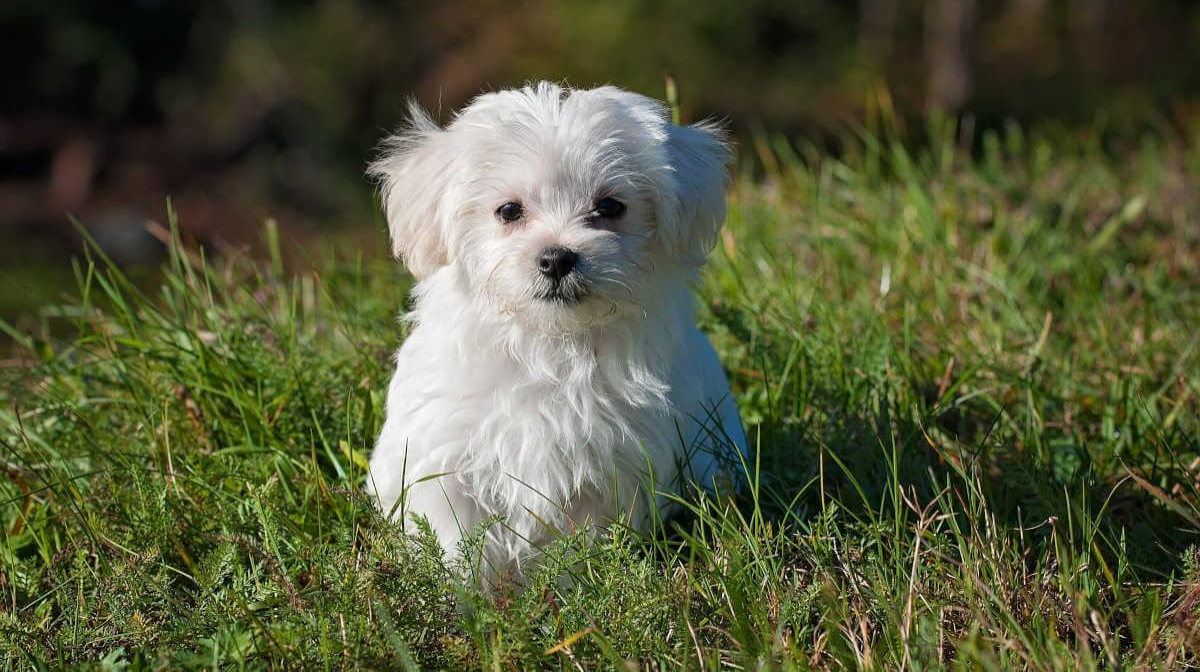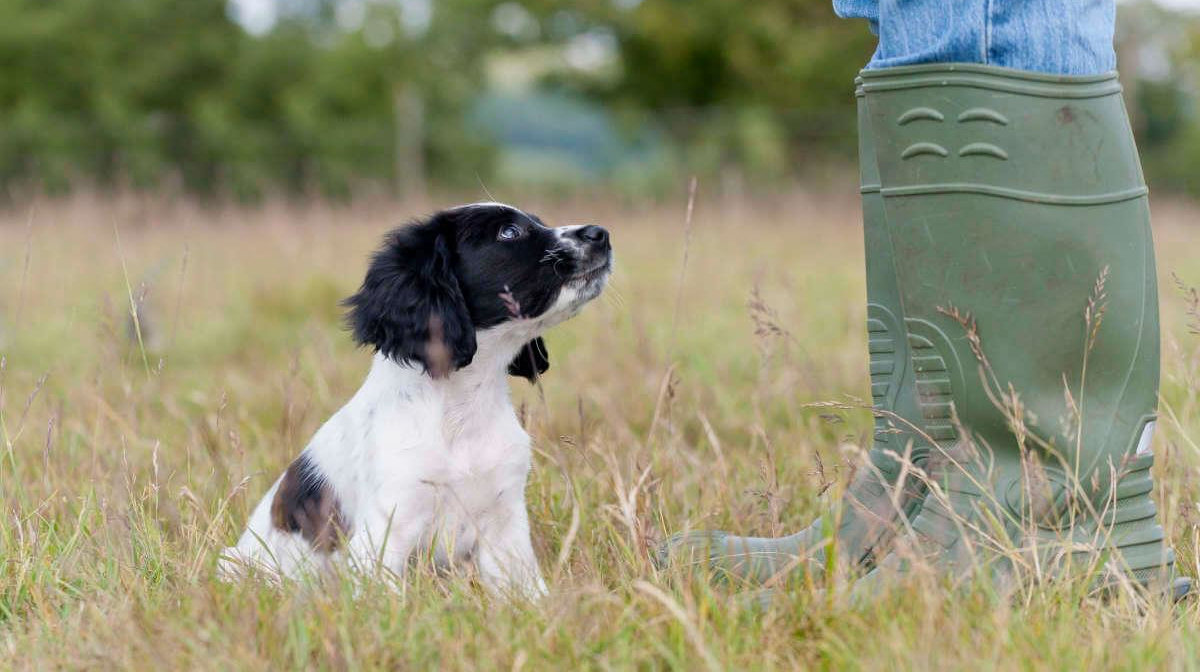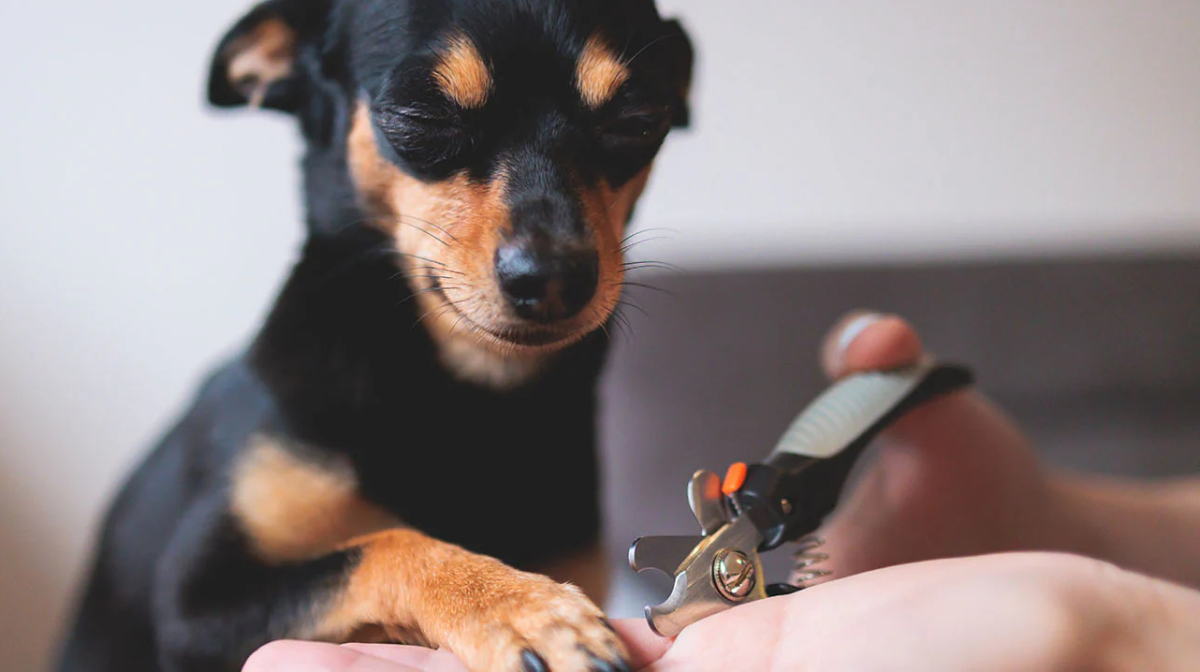
Adopting a Puppy
ALL YOU NEED TO KNOW ABOUT ADOPTING A PUPPY Everyone wants a puppy that is cute and cuddly, but it’s essential to remember that a dog is for life, so consider the physical, mental and medical traits of the type of breed you would like as both a puppy and as an adult. Small puppies […]

How To Teach A Puppy To Stay
BASIC PUPPY TRAINING: HOW TO TEACH A PUPPY TO STAY The ‘Stay’ command is one of the most difficult skills to teach your puppy as their attention is still developing, making it hard to avoid distractions. However, it is also one of the most useful. Teaching your puppy to stay transforms tricks into commands, and […]

Best Dogs For First Time Owners
Bringing your new puppy home is a memorable moment for all first-time owners and the start of a lifelong bond that cannot be broken, owning a puppy is always a big commitment! There are so many different breeds to consider and they all have unique characteristics and personalities. So, deciding which is best for you […]

Dog Nail Hygiene: Essential Tips
DOG NAIL CLIPPING: WHY IT MATTERS Keeping your dog’s nails in check is essential for their health, comfort, and happiness. If you’re a new dog owner trimming nails, the first time can be challenging. Especially if your dog has black nails, this process can seem intimidating. But don’t worry! This guide will walk you through […]